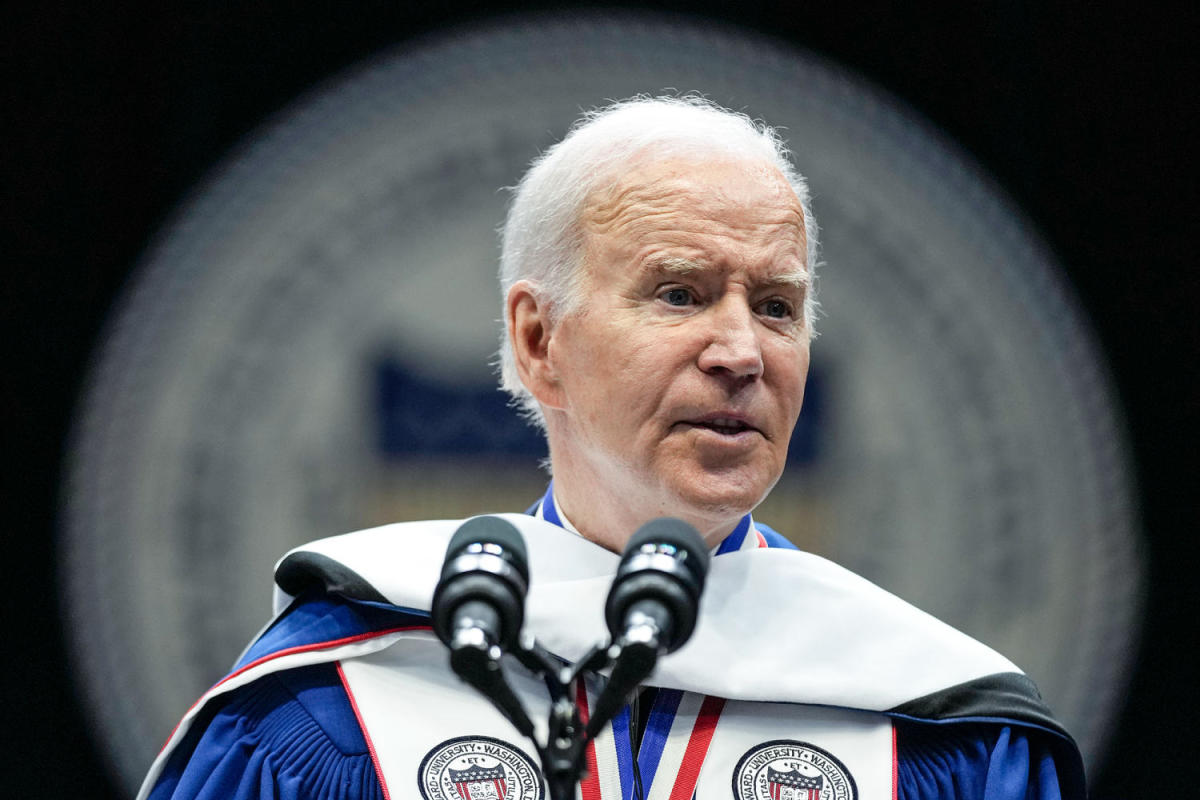By Will Dunham
WASHINGTON (Reuters) – When the U.S. Supreme Court finally rules on Donald TrumpUnder the claim of presidential immunity from prosecution, one-third of the judges who decide the case will be judges he appointed to serve for life.
These three… Amy Coney Barrett, Brett Kavanaugh And Neil Gorsuch — asked questions from different angles as the nation’s highest court heard arguments Thursday in a case that poses a vital test of the presidency’s power. They make up half of the court’s 6-3 conservative majority.
“We are writing a rule for the ages,” conservative Justice Neil Gorsuch said during the arguments.
A key question, Gorsuch said, is “how to separate private conduct from official conduct that may or may not qualify for some immunity.”
Gorsuch also said that “fear that their successors will prosecute them criminally for their actions in office” could prompt presidents “to try to pardon themselves.”
“I mean, we never answered whether a president could do that,” Gorsuch said.
Trump appealed after lower courts rejected his request for presidential immunity in a criminal case brought against him by special counsel Jack Smith on four counts related to efforts to overturn Trump’s 2020 election defeat. Trump is the Republican candidate who will challenge Democratic President Joe Biden in the November 5 US election, a rematch of the election four years ago.
Barrett questioned D. John Sauer, the lawyer defending Trump, about his assertion that a president must be impeached and removed from office by Congress – something that has never happened in US history – in order to be prosecuted for an official act taken while in office. desk.
“OK,” Barrett told Sauer. “So there are many other people who are facing indictment, including the nine sitting on this bench, and I don’t think anyone has ever suggested that indictment should be the door entry to criminal prosecution for one of the many other officers facing prosecution So why is the president any different when the impeachment clause (of the Constitution) does not say so?
Sauer cited a Justice Department official’s reasoning from the 1970s.
Barrett followed up on liberal Justice Elena Kagan» The hypothetical question of prosecuting a president who orders a coup.
“You’re saying,” Barrett asked Sauer, “that he couldn’t be prosecuted for this, even after conviction (in an) indictment proceeding if there wasn’t a law specifically referring to the president and making him criminal?”
A president could be prosecuted in this scenario, Sauer said, only if the criminal law specifically refers to its application.
Sauer cited Article II of the Constitution, which delineates presidential powers, as the “source” of immunity from prosecution, even though it is not specifically mentioned in the 18th century document that defines the form of American government.
“So, on the source of immunity, it’s not explicit in the Constitution?” Kavanaugh asked Sauer.
Kavanaugh…


